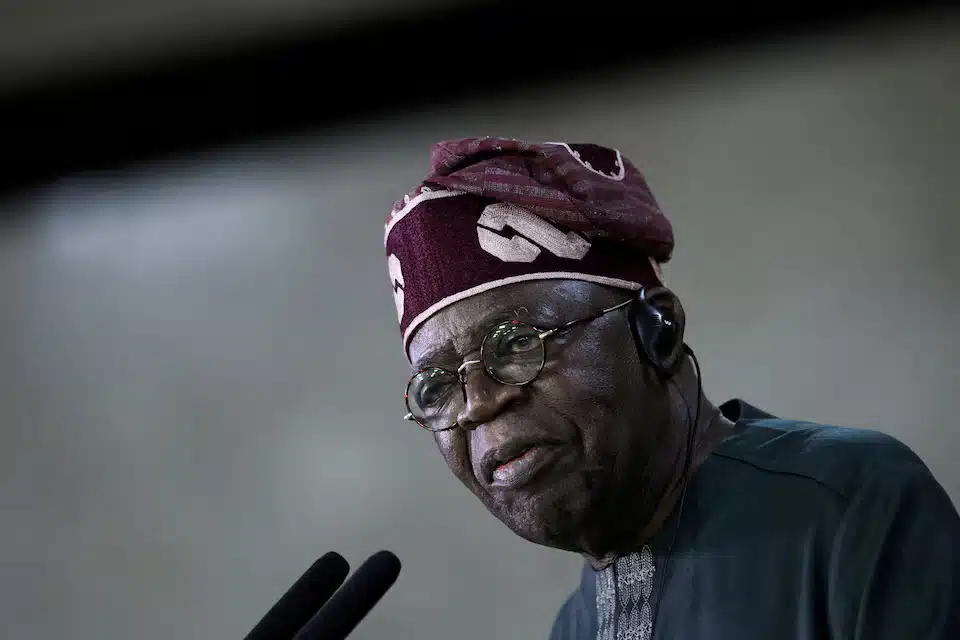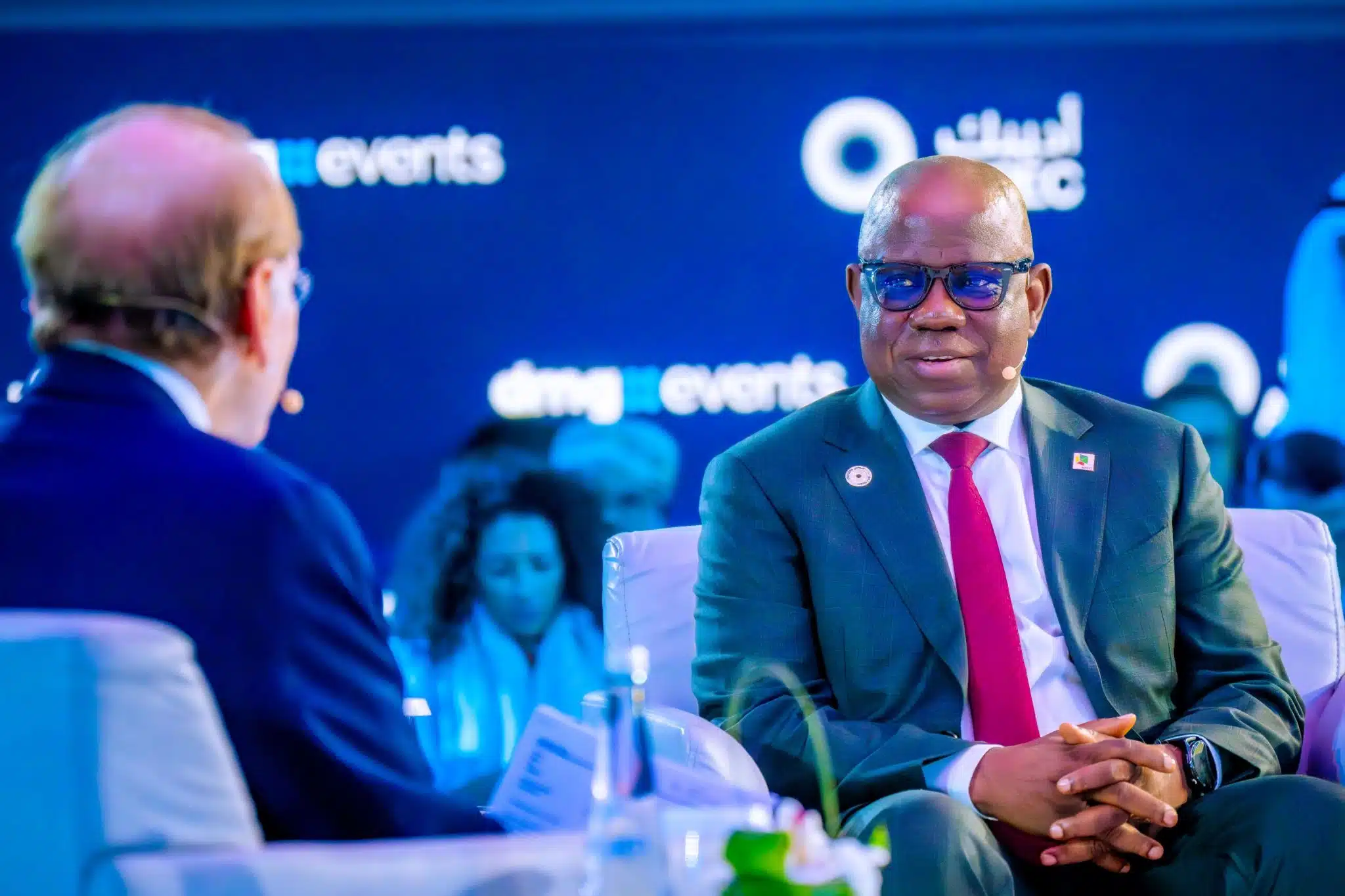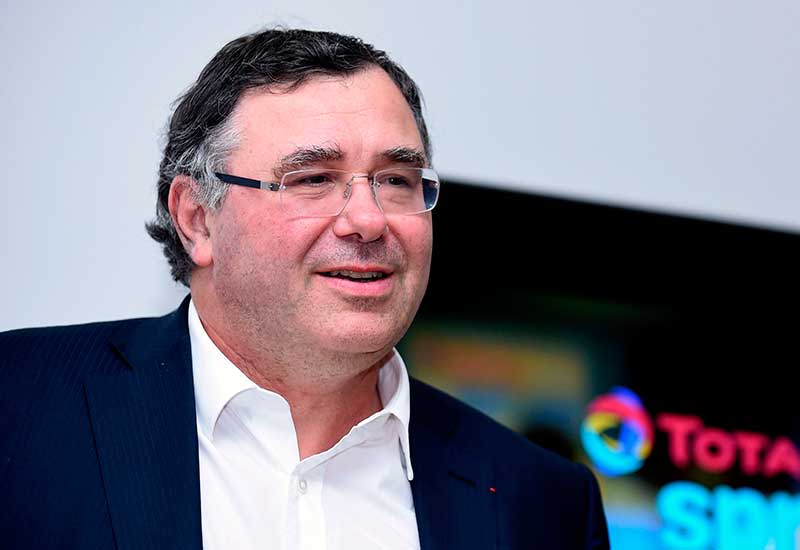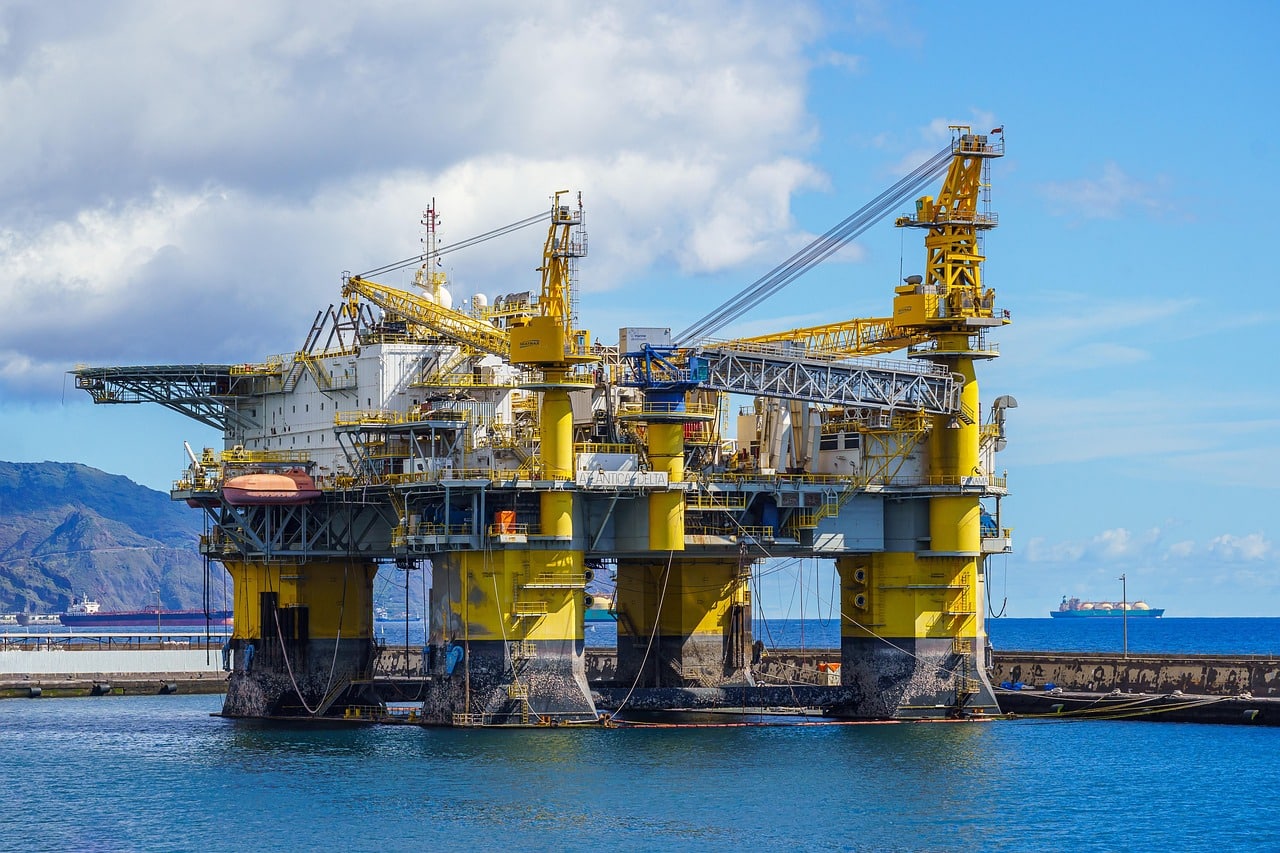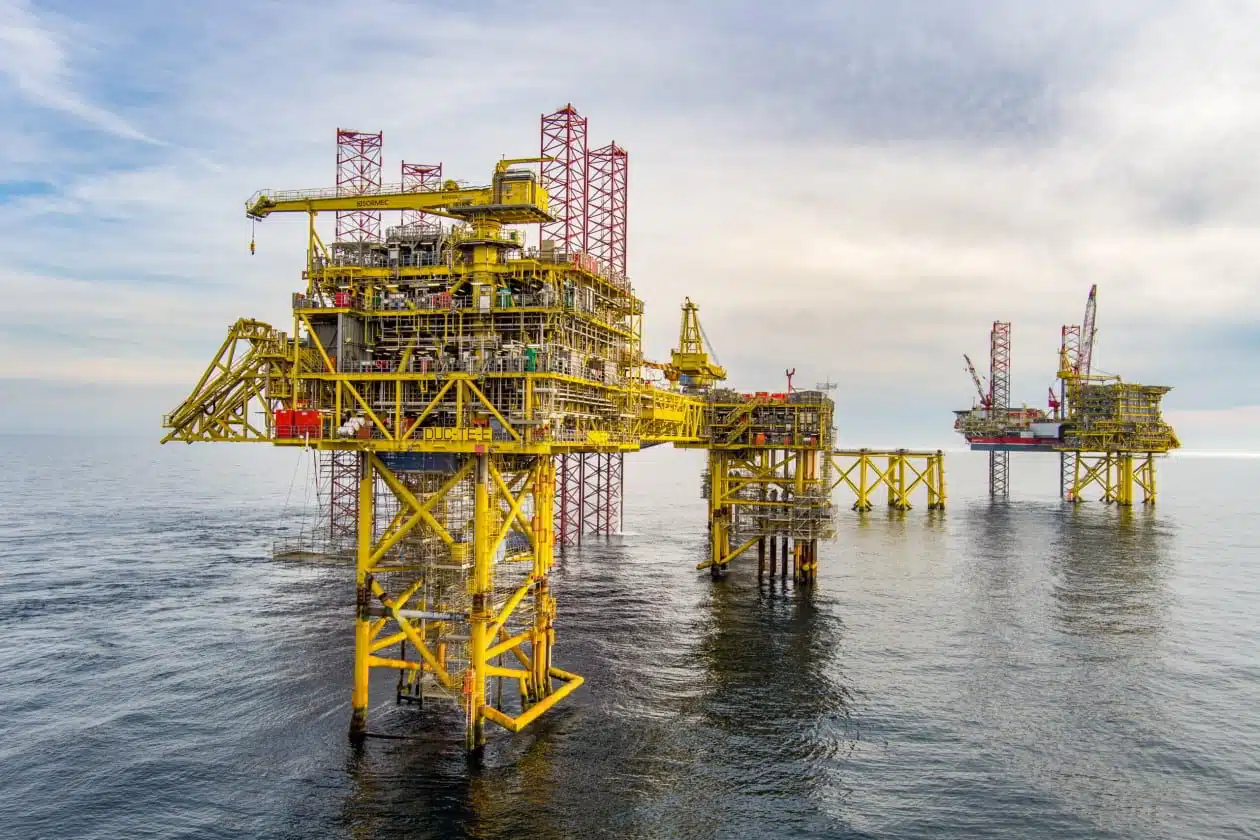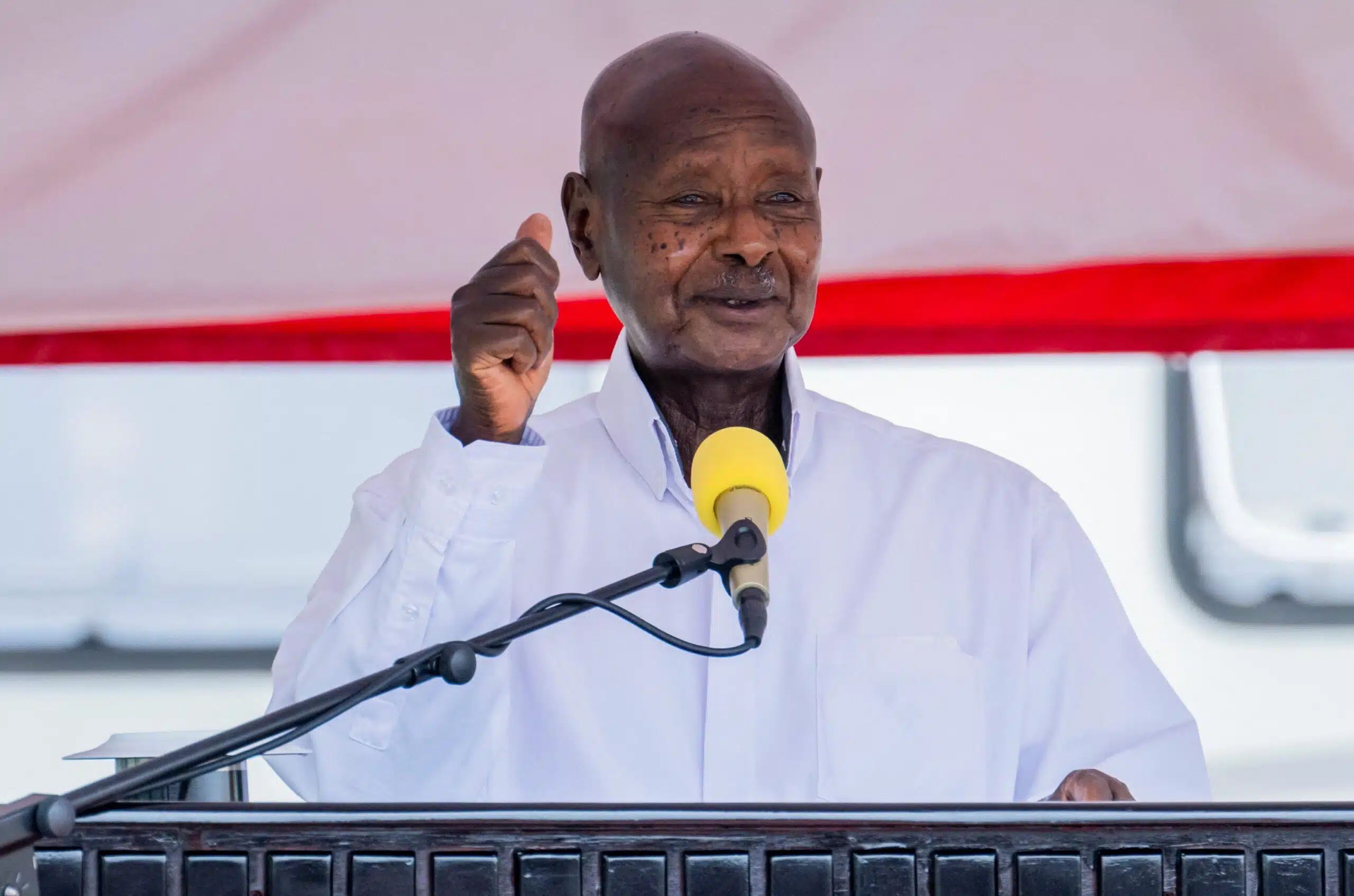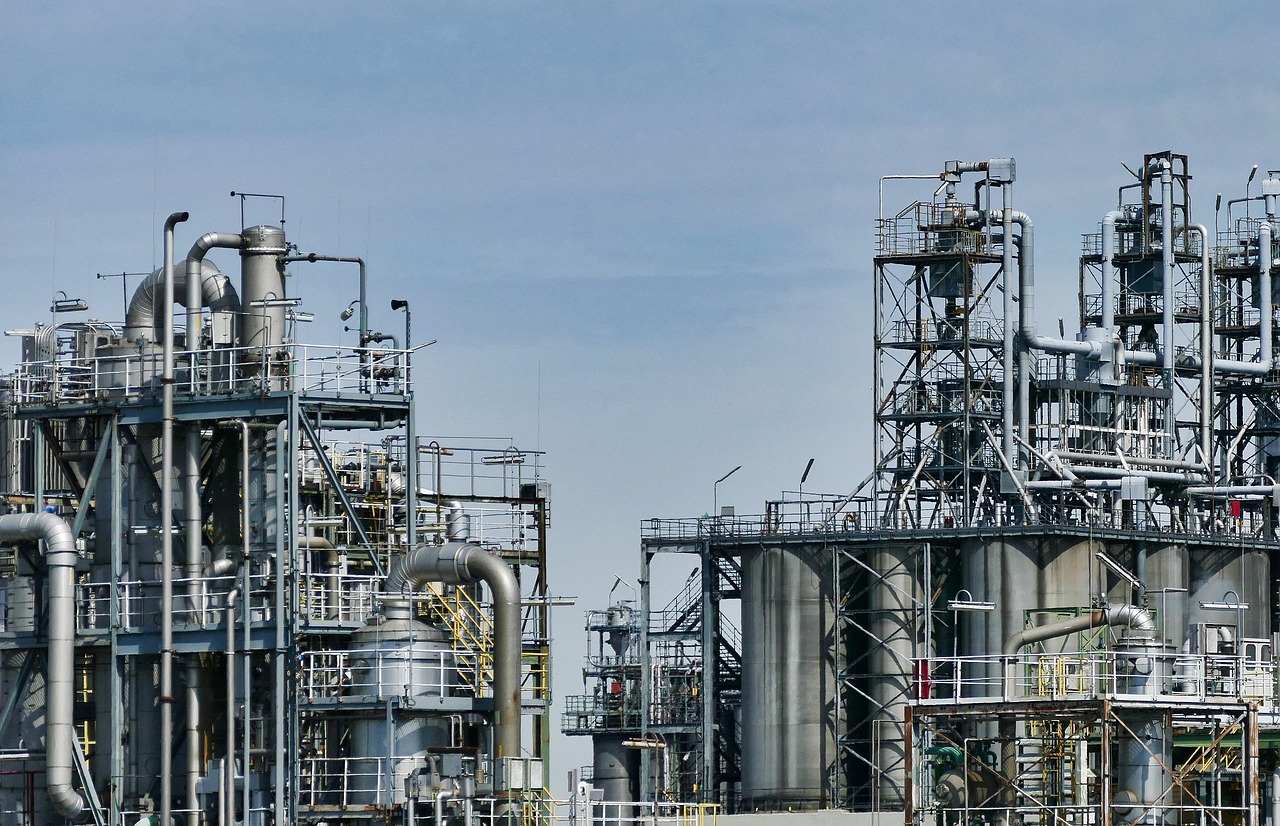The Dangote Refinery has been in the spotlight since it began operations in 2024.
With a nameplate capacity of 650,000 barrels per day (bpd), the $19 billion facility was hailed as a transformative project to reduce Nigeria’s dependence on imported fuel.
Yet, despite sitting in the heart of Africa’s oil-rich Gulf of Guinea, the refinery has become increasingly reliant on U.S. crude—particularly West Texas Intermediate (WTI)— over Nigerian or other African grades, a new report shows.
While the refinery has historically sourced crude from countries like Brazil, Angola and Libya, imports from the US now dominate.
Data from global shipping analytics firm Kpler shows that the plant began importing U.S. crude in March 2024, with volumes rising steadily ever since. In April 2025, imports peaked at 173,000 bpd.
A recent Reuters report adds that Dangote Refinery is set to import at least five million barrels of U.S. WTI crude in July, translating to roughly 161,000 bpd next week alone.
Bloomberg further reports that nearly a third of the refinery’s crude intake so far in 2025 has come from the U.S., nearly double the share recorded in 2024.
This growing dependence on American oil has sparked a key question: Why is Africa’s flagship refinery sourcing its feedstock from Texas — even as the continent boasts over 120 billion barrels of proven oil reserves?
Refinery configuration
A key factor behind Dangote Refinery’s preference for U.S. crude lies in crude quality.
The refinery is optimized to process light sweet crude — a type of oil with low sulfur content that is easier and cheaper to refine into high-value fuels like gasoline, diesel, and jet fuel.
While Nigeria does produce some light sweet grades such as Bonny Light and Qua Iboe, they are often more expensive on the spot market and subject to frequent supply disruptions and chronic underinvestment in infrastructure.
“Dangote’s refinery is technically capable of processing all grades of crude, including Nigerian,” says local content advocate Esther Chinedu.
“But the reality is that local supply is unreliable. U.S. WTI crude is cleaner, lighter, and offers a higher yield. So for now, it’s the smarter option.”
In contrast, the U.S. — particularly from shale-rich regions like the Permian Basin and Eagle Ford — produces large volumes of WTI Midland, a high-quality light sweet crude that matches Dangote’s configuration.
Due to strong domestic production, efficient logistics, and a consistent export supply chain, WTI is often priced more competitively than similar Nigerian grades, making it an attractive option for the refinery.
Supply stability and risk management
Unlike Nigeria and several other African oil producers that frequently face production disruptions and political instability, the US offers a relatively stable and predictable crude supply.
For a refinery the size of Dangote’s—designed to process 650,000 barrels per day—reliable feedstock is non-negotiable.
“Feedstock predictability is critical. A facility of this scale cannot afford supply disruptions—even if the crude is sourced from right next door,” noted a senior analyst at Rystad Energy.
Sourcing crude from the U.S. should be seen less as a dismissal of Africa’s substantial reserves, and more as a strategic move to manage operational risk and ensure uninterrupted production.
Refinery economics and crude selection
The cost of crude oil plays a critical role in determining the profitability of refineries.
To optimize margins, refiners closely monitor the relationship between crude prices and the market value of refined products.
U.S. crude, particularly West Texas Intermediate (WTI), is often more cost-effective than Nigeria’s premium grades such as Bonny Light.
Bonny Light commands a higher price due to its low sulfur content and consistent demand, while WTI tends to be more volatile but generally cheaper.
According to findings by BusinessDay, Bonny Light was trading at a $14 premium over Brent crude—highlighting a significant cost differential that likely factors into Dangote’s crude sourcing decisions.
Although Africa boasts over 120 billion barrels of proven crude oil reserves, much of it consists of heavier grades that are better suited to older or specialized refinery configurations.
Compounding the challenge are systemic issues: poor infrastructure, limited storage capacity, export terminal constraints, and inconsistent government policies in countries like Nigeria.
These factors collectively make African crude less commercially attractive than it could be.
Geopolitical shifts
Dangote is a private enterprise competing in the global commodities market, and like its counterparts in India and China, it is driven by profit—not sentiment.
As a commercial refiner, Dangote prioritizes value, consistency, and flexibility in sourcing crude oil.
According to Davis Okpubuluku, a process engineer, “Dangote has become a global brand, and the refinery operates solely on a profit-driven model. It’s not focused on Nigeria’s domestic refining capacity, despite the country being a major oil producer. By looking to markets like the U.S. for crude, the company is simply playing it safe.”
In late April, amid escalating trade tensions between the U.S. and China, BRS Shipbrokers noted that Nigeria stood to benefit.
With China reducing its crude imports from the U.S., American producers were seeking new markets.
“This presents an opportunity for Nigeria to export more of its own crude to China while importing potentially cheaper U.S. barrels for the Dangote refinery,” BRS observed.
Preliminary ship-tracking data already showed a rise in U.S. crude shipments to Nigeria, with Dangote expected to account for much of the increase.
Nigeria’s production struggles
Moreover, the Dangote Refinery had requested 550,000 barrels per day (bpd) of crude from Nigerian producers for the first half of 2025, in line with the Domestic Crude Supply Obligation (DCSO) policy—which prioritizes local refiners over exporters.
However, deliveries have consistently fallen short of demand.
“But enforcement of the DCSO is weak,” says local content advocate Esther Chinedu. “Producers prefer exports because they earn more.”
She added, “Here’s the real issue: if Nigeria doesn’t honour its own supply policies like the DCSO, refineries will struggle. No guaranteed crude means no sustainable refining.”
Despite being Africa’s largest oil producer on paper, Nigeria’s actual output has hovered around 1.4 million bpd—well below its OPEC quota.
This volume is insufficient to meet the combined demands of local refineries and international buyers.
Commenting on the situation, global oil markets expert Aleksandr Butov noted: “The Dangote Refinery’s reliance on U.S. crude imports highlights Nigeria’s ongoing production challenges, despite repeated government assurances and the crude-for-naira exchange policy.”
Competitive edge of US crude
Since 2018, the United States has consistently held its position as the world’s top crude oil producer, with daily output exceeding 12 million barrels.
This surplus has enabled American drillers to offer West Texas Intermediate (WTI) Midland crude at highly competitive prices on the global market.
These price advantages have made U.S. crude an attractive option for the Dangote Refinery, often outcompeting Nigerian and other African grades—not because of loyalty, but logistics and economics.
At its core, the refinery’s preference for U.S. crude is less about geography and more about supply chain efficiency.
While Africa may boast over 120 billion barrels of proven reserves, accessibility, reliability, and affordability remain the deciding factors.
“Until the government gets serious about backing local refining with strong policy enforcement, we’ll keep importing crude in the middle of plenty,” Chinedu added.
In the refining business, molecules don’t recognize borders—only margins matter.



